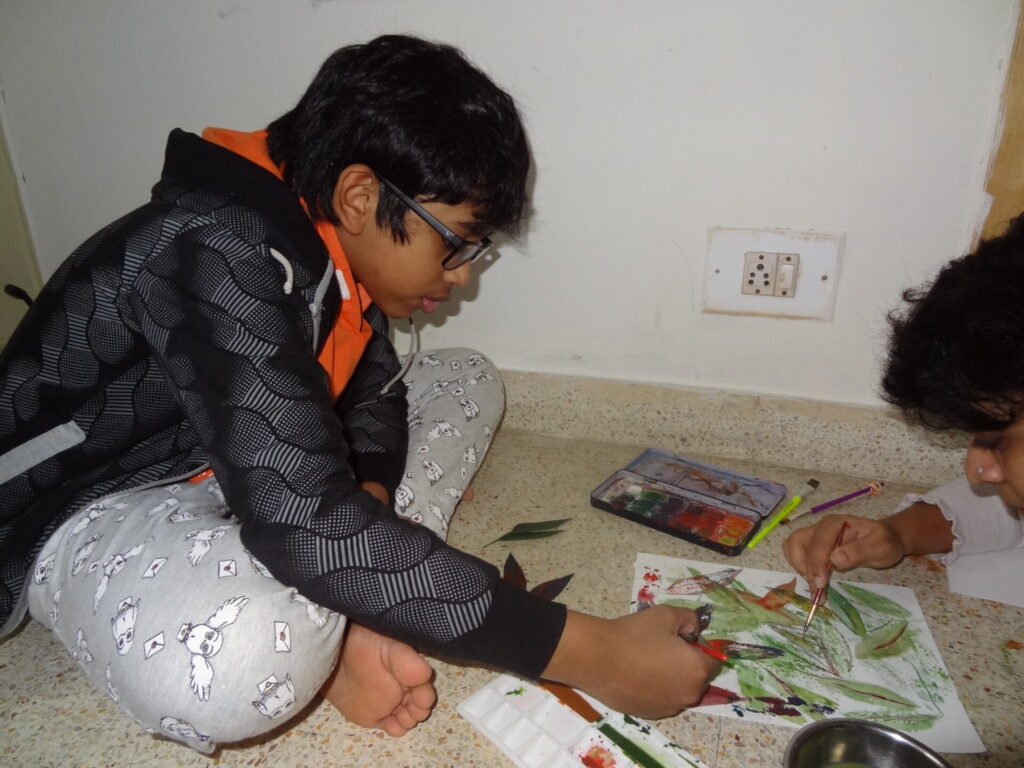My experience parenting a child with #Dysgraphia
Ann Thomas
He struggled with written work.
There was reason to – so many shifts, schools, teachers, cities, and different expectations every time.
Once we caught up and adjusted, it would get better.
Except it never did.
It kept getting worse with time, pressure, and expectations.
“He thinks so fast, he speaks so well, but his written work” – they often complained.
But across 4 cities and 5 schools, not a single #teacher mentioned dysgraphia.
No one knew! My Bachelor in #Education didn’t cover it either.
He could write, just about.
But it wasn’t just about not #writing. It’s about managing time, space on a sheet, sizes of alphabets, frequent cuts and scratches.
He would not be able to write AS MUCH AS is expected from him, AS FAST as was expected from him.
If he had to survive the system, he would need support. With no input from the school, I reached out for an assessment.
He had Dysgraphia.
He should have received accommodations: A different layout, a writer, and extra time.
Instead, he had received ridicule, contempt, chiding, punishments, and zero understanding.
Because ART in his schools was following instructions and colouring in the lines.
The boy who drew stopped using his notebooks. Stopped drawing line figures in the corners of his pages.
Dysgraphia can be worked with…
We have voice messages, voice-to-type apps, and so many ways to work around the problem.
If we understand #differences, we can help children navigate work without negating them.
#MyBoy has picked up his brushes again after years…it doesn’t matter what he creates.
If he believes he can, my job is done…
With support and #accommodations, he can not just build skills – he can thrive!

If he believes he can, my job is done!